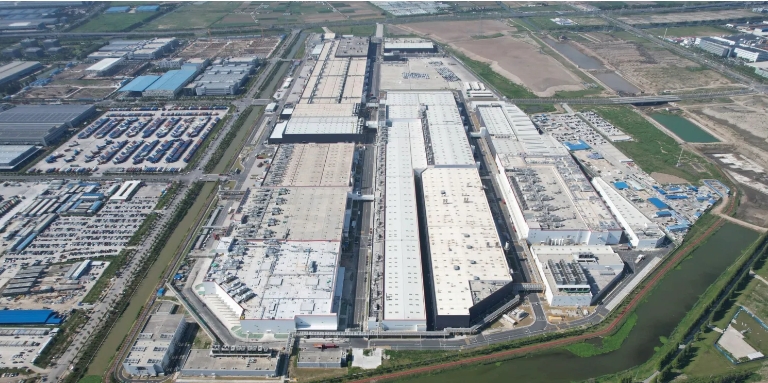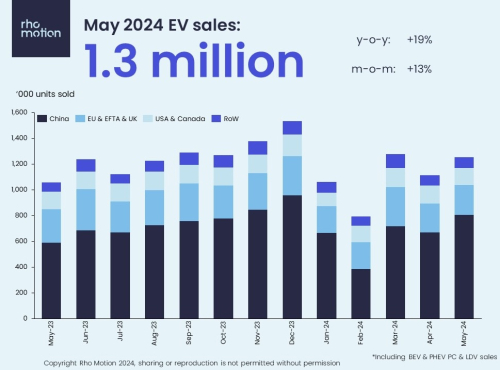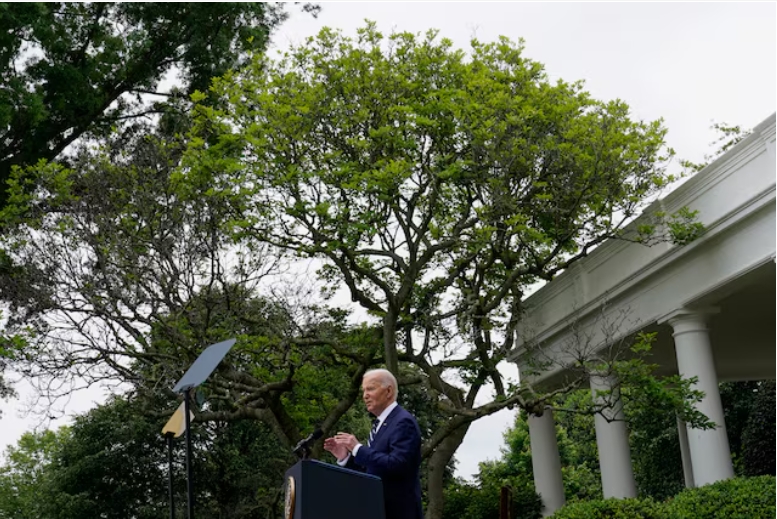Proton Energy Systems Inc has been awarded $1.85 million by the US Department of Energy to develop a reversible fuel cell system capable of producing low-cost hydrogen, parent company Nel ASA of Norway said Tuesday.
The project is being funded by the Fuel Cell Technologies Office within DOE's Office of Energy Efficiency and Renewable Energy, and is part of DOE's H2@Scale initiative.
"State of the art fuel cells exhibit higher efficiency and lower cost compared to electrolyzer cell stacks," Nel said.
The project is to develop a unitized reversible fuel cell (URFC) system based on proton exchange membrane (PEM) technology.
A URFC is in principle a hydrogen-producing electrolyzer stack which can be operated in reverse to produce electricity.
Developing the electrolyzer's operating conditions to enable configurations that have more commonalities with state-of-the-art fuel cells "will enable lower cost and higher efficiencies," Nel said.
"Success of this project will not only demonstrate a cost-effective pathway for hydrogen energy storage, but it will also help further improve our electrolyzers in general, enabling lower cost hydrogen generation for all other customer segments," said Nel Hydrogen US' Vice President R&D, Kathy Ayers.
The H2@Scale initiative is supporting research into how hydrogen technologies can provide improved efficiency and resiliency in multiple sectors including transportation and industry.
A means to an end
"The reversible fuel cell is a means to an end for us at this point," Bjørn Simonsen, Nel's VP Investor Relations & Corporate Communications, told S&P Global Platts.
While there is no defined commercial goal for the URFC project, "we are designing one to get a deeper understanding of the variables that have an impact on the efficiency of electrolysis. Our main focus is still on developing more efficient, low-cost electrolyzers," he said.
Fuel cells typically run at ambient pressure, which is one source of efficiency over electrolysis.
"They are not pressurized like electrolyzers, and so are not using that energy. You want your hydrogen to have an elevated pressure downstream, so the question is: do you do that inside the stack or outside?" he said.
The reversible fuel cell is currently much more expensive than the combined cost of an electrolyzer plus a conventional fuel cell, Simonsen said.
The project will run at Nel's PEM electrolyzer manufacturing plant in Wallingford, Connecticut.







